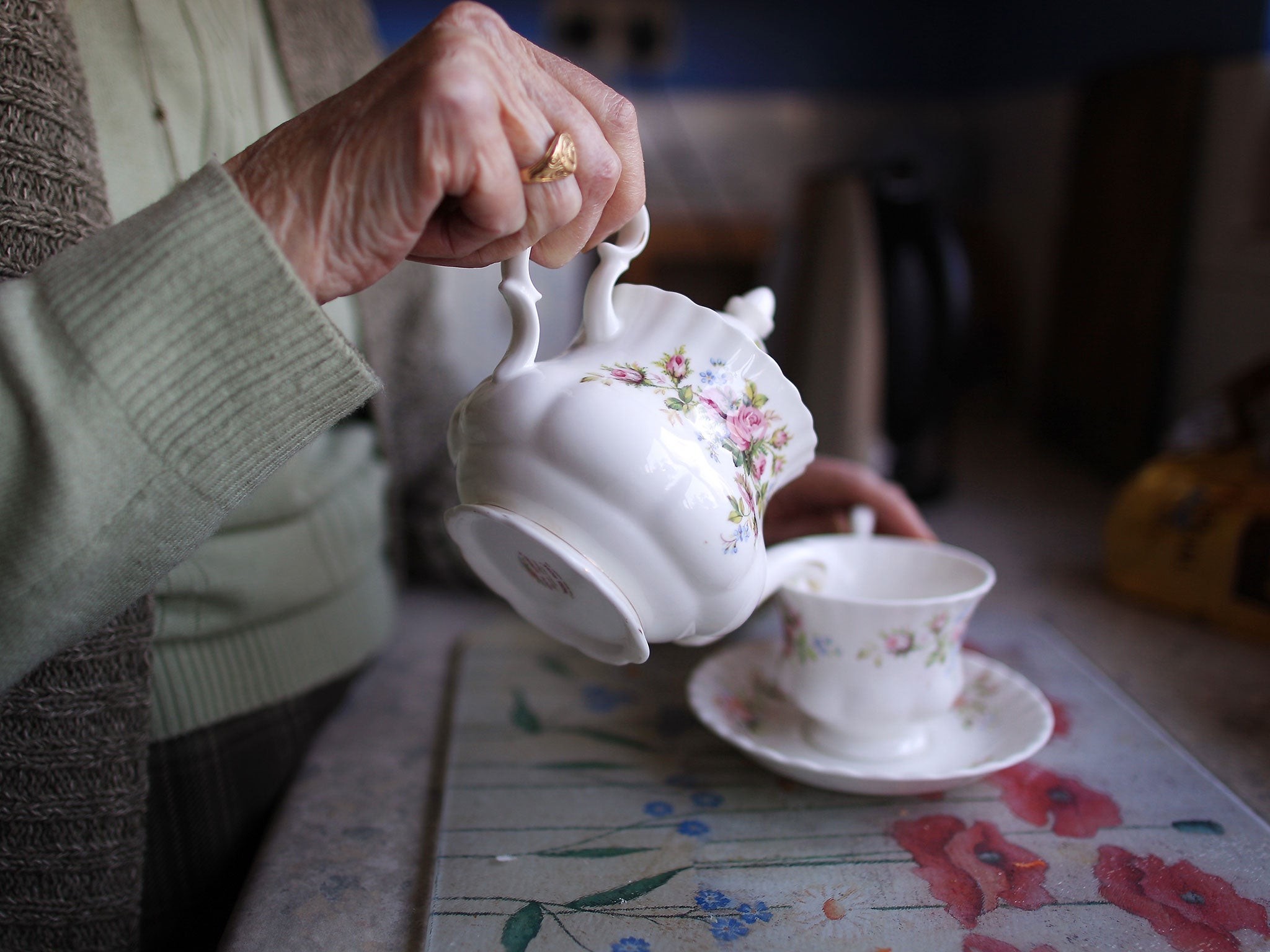The gender pay gap means that more women will be in poverty later in life – but there is something the government can do
The average net income of female pensioners per week is approximately 85 per cent of their male counterparts and over two thirds of pensioners living in poverty are women

This week’s report by IFS illuminates the persistence of the gender pay gap. It highlights that women in paid work receive about 18 per cent less per hour than men, with the gap widening consistently for 12 years after a first child is born, by which point women receive a staggering 33 per cent less pay per hour than men. Women over 40 are most affected.
The gender pay gap is an important lens through which to understand the day to day incomes of women in the UK. It also represents another barrier to women being able to save adequately for a comfortable later life. The average net income of female pensioners per week is approximately 85 per cent of their male counterparts and over two thirds of pensioners living in poverty are women.

We know that women, particularly those in mid-life, take more career breaks for childcare or other caring responsibilities and are more likely to be in part time work. All these factors impact on women’s ability to remain in paid work, re-enter the labour market, keep paying National Insurance and save for later life. All of which means that many women are more likely to be reliant on the State Pension as their main form of retirement income.
Wider trends in the lives of women in the UK will influence income and family support in later life. Today’s ONS data reported declining birth rates amongst UK born women, with increases for women born outside of the UK. More women are ageing without children. Divorce and separation are on the increase amongst older generations and women more commonly outlive their male partners. These factors may contribute to middle aged women’s risk of poverty in retirement.
So what needs to happen? If a large part of the gender pay gap is caused by a concentration of women in part-time work and the fact that they do the lion’s share of unpaid caring, then some of the solutions lie here. A Women and Equalities Select Committee report earlier this year proposed making all jobs flexible by default from the outset and creating a national scheme to support women to get back into work. The Committee also recommended new industrial strategies on productivity and pay in low paid, highly feminised sectors (such as care).
Government can lead the way but employers can do a lot more to help carers stay in work and manage the impact of caring on their finances and plan for later life. They need to understand how many carers they employ; develop and implement a carers policy; train line managers and help them support carers.
Gender pay inequality is not just today’s bad news story – if not resolved it will add yet another layer of disadvantage for women in later life.’
Claire Turner is Director of Evidence at the Centre for Ageing Better
Join our commenting forum
Join thought-provoking conversations, follow other Independent readers and see their replies
Comments
Bookmark popover
Removed from bookmarks